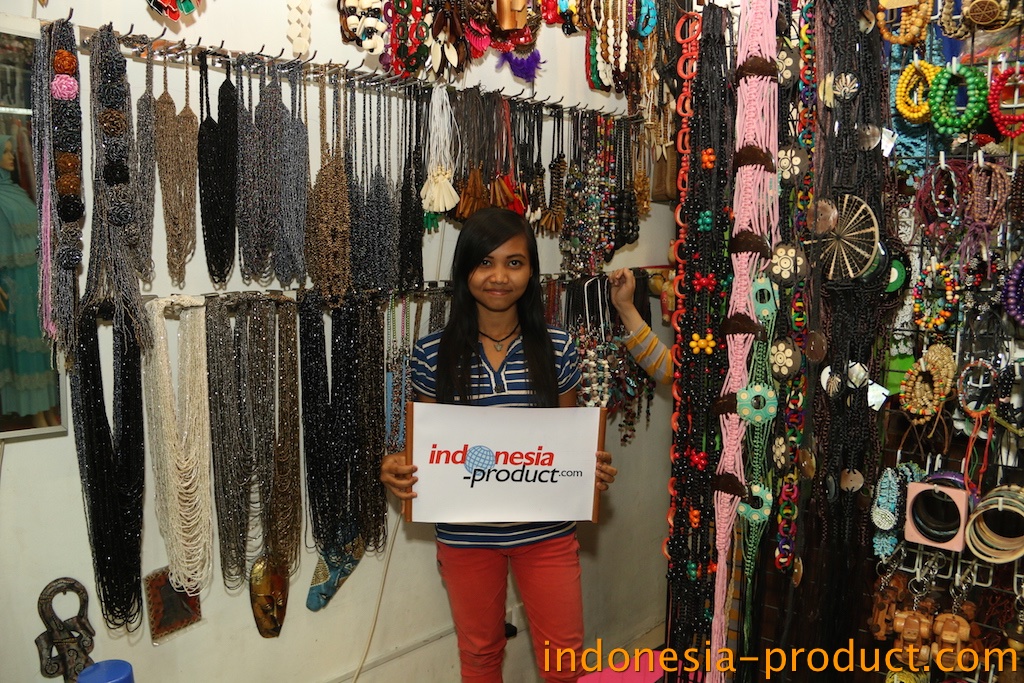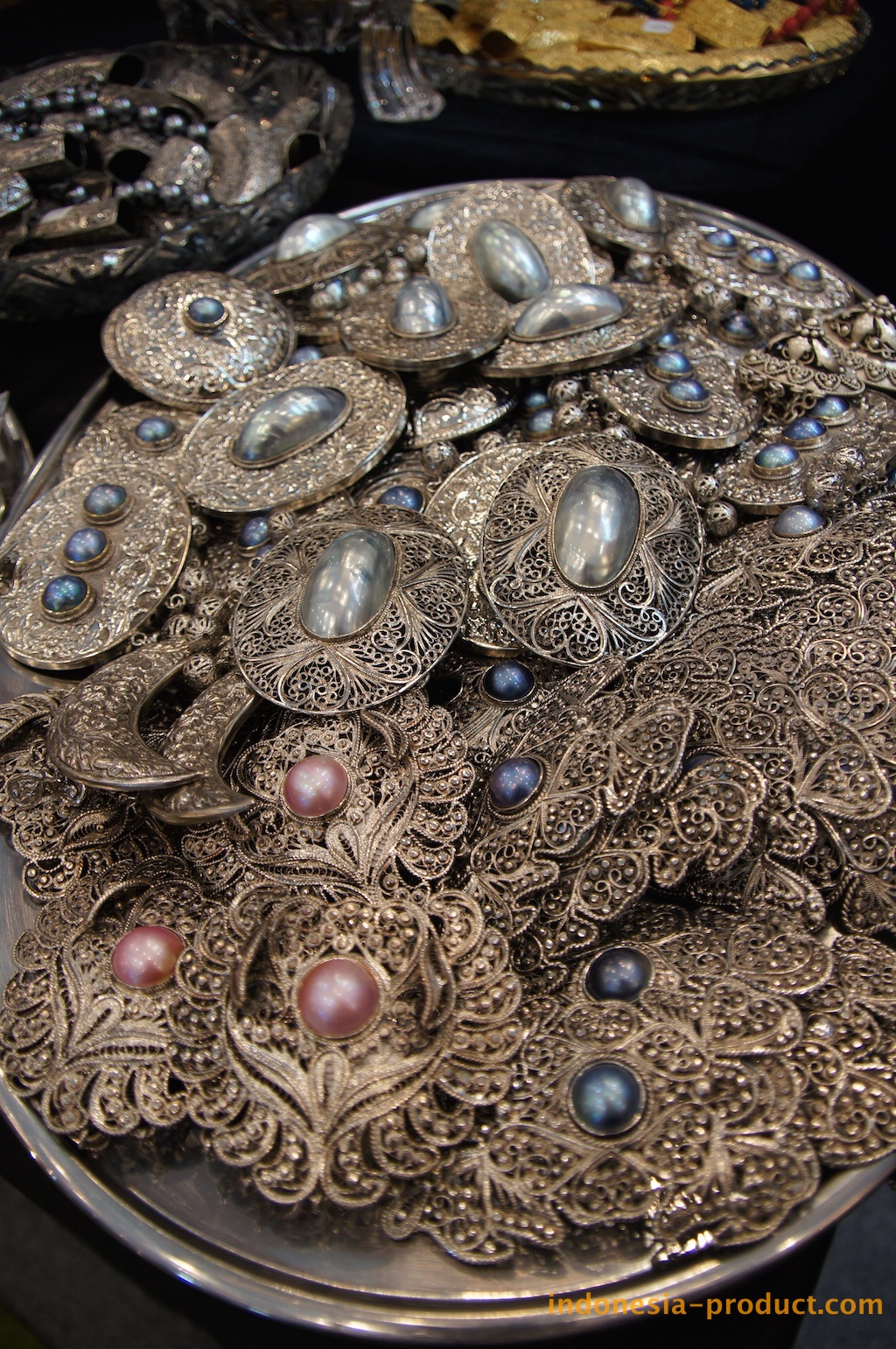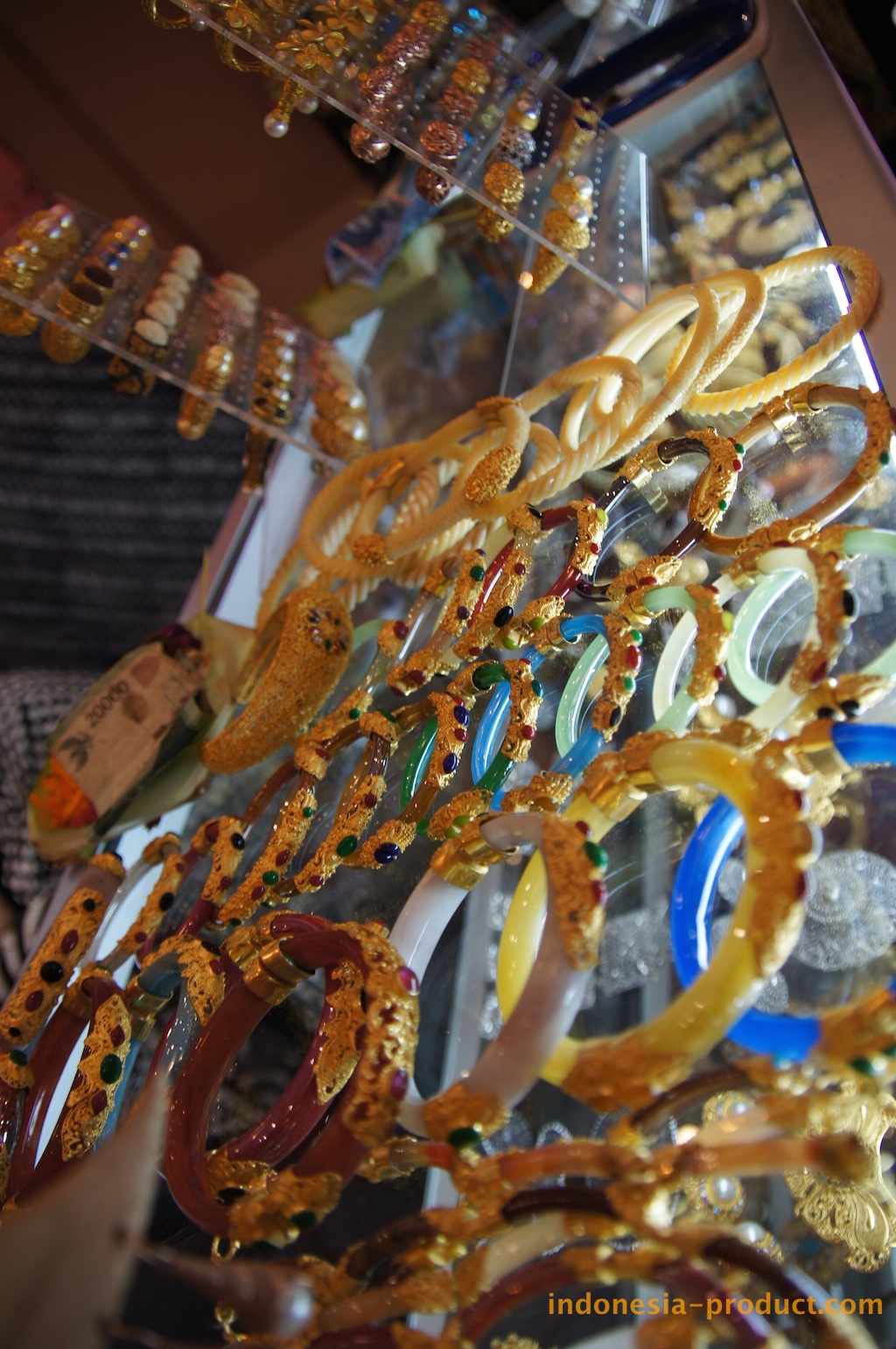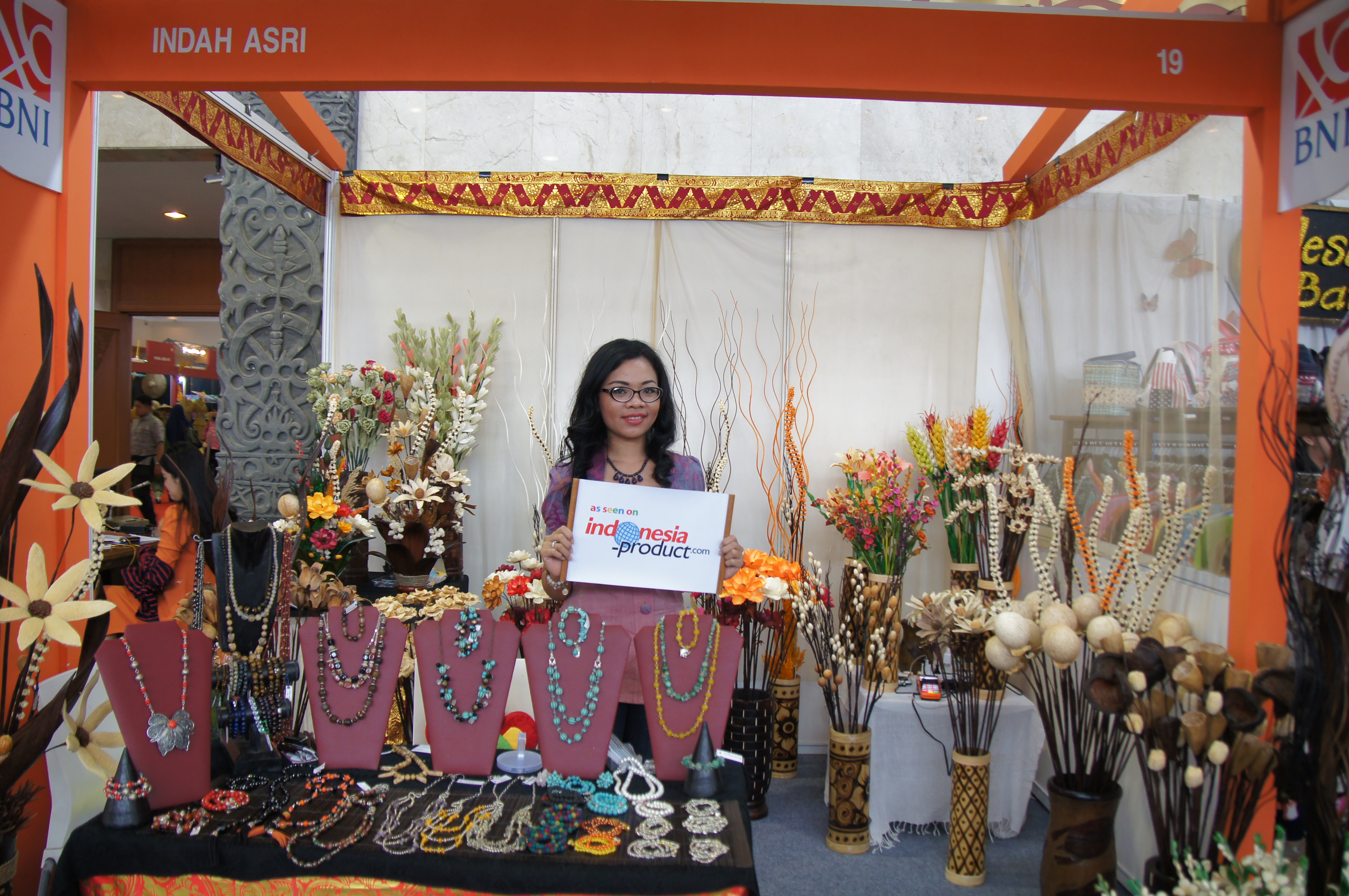As the luxury jewelry market loses its luster, jewelers are looking toward the crucial holiday season — a time for gifts as well as a popular time to get engaged — with trepidation.
Analysts say everyone appears to be cutting back — not just the aspirational customers, who dabble here and there in high-end brands. Even the affluent, who used to drop hundreds or even thousands of dollars in a single shopping spree, are becoming more frugal.
“People that shop luxury, who demand a certain brand, they just don‘t trade down,” she says. “They simply do without until they feel comfortable to purchase again. Women who wear Prada and Chanel shoes — I don‘t see them trading down to Cole Haan, even though it‘s a great brand.”
Even the smaller, independent jewelers are having a hard time ringing up pricey items, especially after the meltdown on Wall Street left thousands without jobs. Between March and August, 19,000 jobs were lost in New York‘s securities and financial activities sectors, according to the New York Federal Reserve.
In Manhattan‘s famed Diamond District, Wall Street bankers have been known to splurge their bonus money on flashy jewels at Ultimate Jewelry Designs. But Gem Sezgin, one of the store‘s longtime employees, says big-ticket items have lost their allure among New York‘s high-rollers.
“A banker who might have paid $40,000 for a ring is now only spending $10,000,” Sezgin says. “When the economy goes down, the first thing that gets hit is luxury. We‘re not expecting a good Christmas.”
“It‘s a big question mark. We‘re trying our best, but when it rains, it rains everywhere,” Sezgin says.
Jewelers have typically looked abroad to offset domestic weakness, and in recent years overseas tourists have flocked to the U.S. in search of holiday season bargains. But an economic slowdown in Europe and stronger U.S. dollar may prove that strategy ineffective.
“They‘re not going to get the benefit they got last year,” Driscoll says.
Jewelers are also hoping sales of engagement rings hold steady during the holiday season. While a weak economy isn‘t likely to stop couples from getting engaged, it may dampen how much a suitor can spend, especially if credit markets remain tight.
Online jeweler Blue Nile Inc., whose biggest market is the U.S., has seen this affect its business. Chief Executive Diane Irvine said some customers are pulling back on high-ticket items, partly because it has become more difficult to access credit.
Specifically, Irvine said sales of the site‘s most-expensive items, those between $5,000 and $20,000 have been soft.
“Certainly, this is a more difficult environment, especially for our engagement business. The freeze-up in the credit markets has played a role. We have a fair percentage of consumers who need to access credit,” Irvine said.
However, Irvine said Blue Nile, which is scheduled to post quarterly results on Tuesday, is poised to gain from its business model. By selling jewelry only online, Blue Nile doesn‘t have the overhead costs and high inventory that come with a brick-and-mortar jewelry store. Thus, the company can sell jewelry at prices below what traditional jewelers charge.
“In times like these, value resonates with consumers,” Irvine said.
YAHOO, YAHOO, YAHOO, YAHOO
Copyright © 2008 The Associated Press. All rights reserved.
Source: http://www.localnewsleader.com/





